The "snowy winter" fever covers social networks
According to the Ha Tinh Province Electronic Information Portal, just a short time after its launch, the AI photo creation trend of "snowy winter" has created a big wave in the technology community, attracting many young Vietnamese people to come and edit their photos.

According to research, this trend started from videos instructing how to create "snow mood" photos that went viral on TikTok and Facebook. Most users chose the "Gemini AI" application to implement this trend because of its ability to process images quickly. Users just need to upload a personal portrait photo, then enter a descriptive command such as: "girl/boy holding a transparent umbrella, light snow, dim light, sad expression" and a few seconds later, the complete photo will appear.
If the photo is not satisfactory, users can continue to ask AI to make adjustments such as increasing the thickness of the snow, changing the lighting, adjusting the mood, or adding details such as a long wool coat, warm scarf... until they get a satisfactory result.
In addition to "Gemini AI", users can also use many other photo editing applications such as: "Xinghui", "Xingtu", "Meitu",... to create "very cinematic" pictures in the snow with many available templates.
The ability to edit these photos is highly appreciated for its authenticity. However, besides the convenience and creativity, this trend is also raising many concerns about the risk of facial data and personal data leakage, while creating opportunities for bad guys to impersonate and attack scams.
A survey of many people following the “snowy winter” trend in Ha Tinh showed that most users who come into contact with this way of creating photos often do not read the terms of use or privacy policy carefully. They share personal photos with the mentality of “having fun, experimenting” or because they want to “follow the trend” to increase interactions on social networks.
Seeing her friends posting photos of snowy winter on Facebook, Nguyen Thi Thuong (22 years old, Cam Xuyen commune) was curious and downloaded the app to experience. Initially, Thuong was able to use it for free so she was quite interested, she took the initiative to create photos for the whole family. When she saw her family enjoying it, Thuong continued to buy a paid package to have more editing features as desired.
“I find this trend quite interesting because it can turn everyday photos into artistic photos in just a few seconds. But after researching and knowing that these photo-creating apps can easily leak personal data, I was really scared and felt it was dangerous, because I used photos of my whole family to create the images. If these images were stolen or used illegally, the consequences would be unpredictable...”, Thuong worried.
Sharing the same opinion, Dang Thi Thuy Huyen (25 years old, Tran Phu ward) said: "Recently, when I go to Facebook and see all my friends posting pictures in the snowy winter scene, I feel worried about the security of the application. Users are at high risk of having their personal information leaked if they are not careful."
Don't let a "pretty photo" cost you personal data
Despite the creativity it brings, experts warn that the misuse of AI can have many serious consequences.
According to Decree 13/2023/ND-CP, biometric data, including facial images, is a sensitive data group that must be protected at the highest level. Data processing organizations must be transparent about their purposes, have clear consent from the subject, not transfer data abroad without ensuring safety, and provide a mechanism to delete data upon request. However, most of the current trending AI applications do not have servers in Vietnam, are not transparent about terms, and do not provide a mechanism to withdraw data, causing insecurity.
Analyzing this issue in depth, Mr. Pham Minh Hieu, an officer of the Department of Cyber Security and High-Tech Crime Prevention, Ha Tinh Provincial Police, said that currently, many users are still not fully aware of the security risks when installing artificial intelligence photo editing applications. Although there have been many warnings about the risk of insecurity or data leakage when using applications of unknown origin, almost every time there is a new trend, many people are willing to try it and grant the application free access to their phones.
According to Mr. Hieu, creating AI images of “snowy winter” should only be done on reputable applications, limiting the installation of new software and unknown sources, because personal image data can be exploited to track, identify or serve fraudulent and deceptive behaviors. At the same time, users need to create AI images responsibly, without causing negative effects to others.
“In the digital data age, each photo of a clear face is a valuable asset that needs to be protected. Therefore, users need to be alert to avoid exposing biometric data. In particular, young people need to be responsible when using AI to create photos, not to manipulate photos, defame or slander others, and avoid relying too much on AI tools leading to uncontrolled "virtual living" - Mr. Pham Minh Hieu emphasized.

According to Mr. Vu Ngoc Son, Head of Technology Department of the National Cyber Security Association, the trend of using applications to create funny or unique images can immediately attract users. However, it is important to note that these types of applications will require access to the photo folder on the device. This is an extremely sensitive right and the risk of personal data being leaked is high.
Mr. Son explained that in the era of strong AI development, images are not just personal photos but also become a valuable source of data. Based on the collected photos, AI technology can completely analyze to determine the user's identity, interests, places they often visit, and even their relationships with others. There are many cases where the collected image data has been sold to companies specializing in exploiting personal information. The immediate impact may be that users are only bothered by a series of targeted advertisements, but in the long run, the risk of photos being used for fraud, counterfeiting, or even blackmail is entirely possible.
According to Mr. Son, in a digital environment full of risks, users should be cautious when downloading and using applications of unknown origin. He emphasized that cyberspace can be dangerous, but whether or not to reveal personal data still depends largely on each person's awareness and choice.
The WhiteHat Hacker Forum also warned that AI-integrated photo editing apps could be “technological traps”. Accordingly, when installing the app, users may be asked to grant access to photos, cameras, device memory and even other personal data. If not strictly controlled, users’ personal information can be collected and used for unwanted purposes.
There is also the risk of data leakage. Photo editing applications, especially those originating from abroad, can pose a risk of user data leakage. Photo data and personal information can be collected and stored on foreign servers without the user's knowledge.
To ensure the safety of personal information, WhiteHat recommends that users only download applications from official sources to avoid fake applications containing malware; Control access rights and only grant the rights that are really necessary.
Do not upload sensitive images to avoid the risk of exposing personal data; Regularly check and update the application to avoid security vulnerabilities; At the same time, cancel subscriptions to unwanted service packages to avoid unwanted charges.
Although AI-integrated photo editing applications bring many benefits and create fun for users, you still need to be vigilant and have solutions to protect personal data. Especially when using applications from foreign developers, you need to be careful with security and privacy risks to avoid unfortunate consequences.
Source: https://khoahocdoisong.vn/trend-anh-ai-mua-dong-tuyet-roi-tiem-an-nguy-co-ro-ri-du-lieu-ca-nhan-post2149068884.html













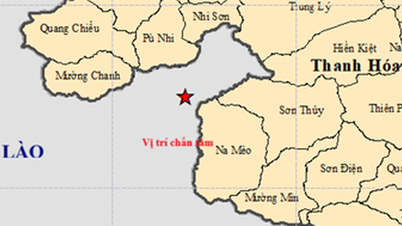

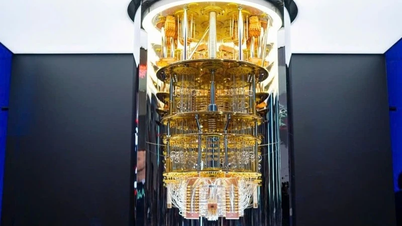







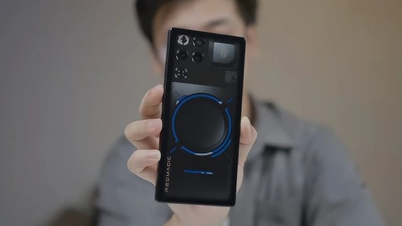














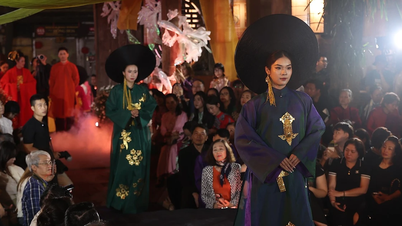
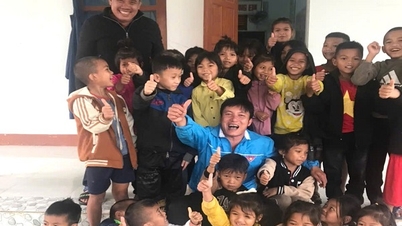




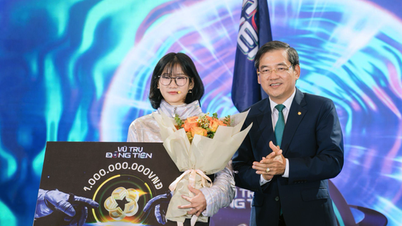



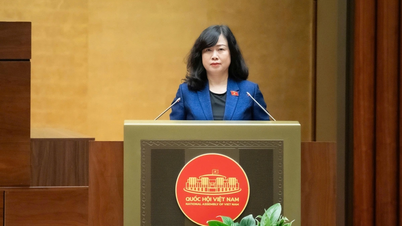





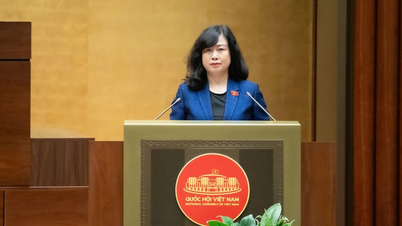


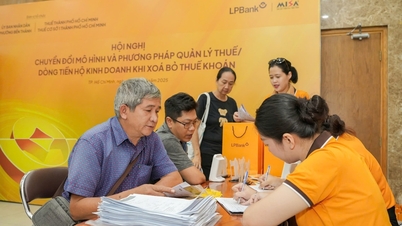
















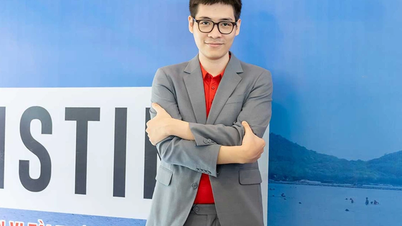
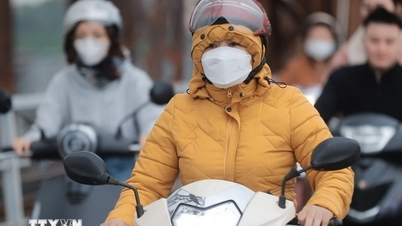



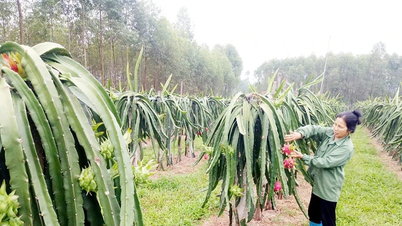

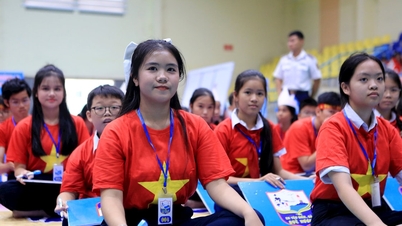
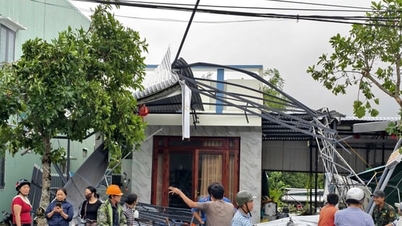



















Comment (0)